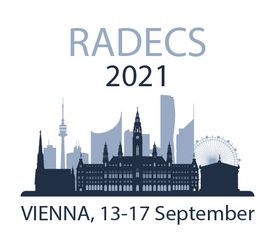Abstract
Over the past decades, Earth observation satellites have given us an unprecedented view of our world and have become an indispensible tool for monitoring the changing climate. They are particularly useful for monitoring remote areas such as the polar regions, where some of the changes to the climate are most significant.
As the first operational remote sensing missions were already in the late 1970s, we now have the opportunity to look back through forty years of observations for many climate parameters. Not only for climate change investigations satelllite data are of great use, but also for the planning of concrete measures for climate protection.
This talk will give an overview on ongoing and planned space activities with regard to climate change and climate protection, like the European Space Agency’s Climate Change Initiative or the Copernicus Programme.
Short CV
Thomas Geist started working for the Aeronautics and Space Agency (ALR) within the Austrian Research Promotion Agency (FFG) in 2007.
As an expert for Earth Observation (EO) Thomas is the Copernicus contact point in the agency and responsible for the coordination of EO projects in the national R&D funding programme ASAP (Austrian Space Application Programme). Thomas represents Austria in the ESA Programme Board for Earth Observation and in the period 2017-2020 he chaired the Data and Operations Scientifical and Technical Advisory Group (DOSTAG) at ESA. Furthermore, he is delegate in the Copernicus Committee.
Before joining FFG Thomas worked as a senior researcher at the University of Innsbruck. He holds a Master’s degree in Physical Geography from the University of Munich, and a PhD degree from the University of Innsbruck (Faculty of Geo- and Atmospheric Sciences).















